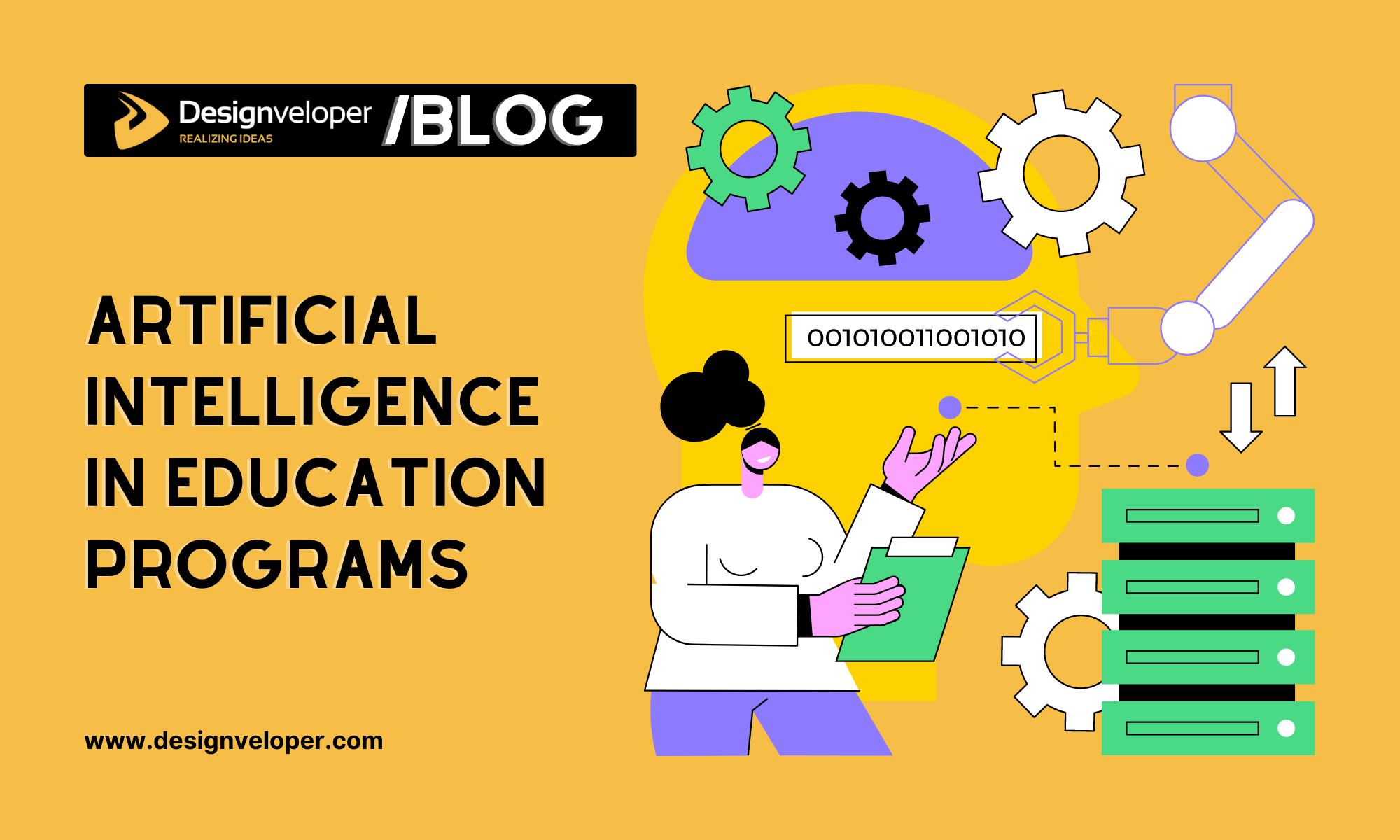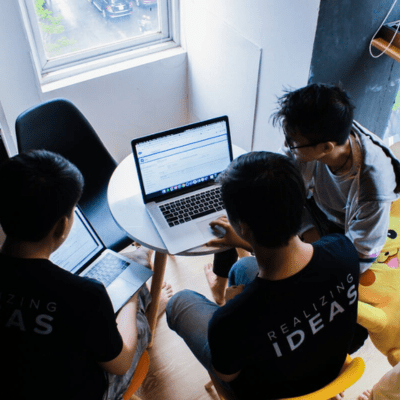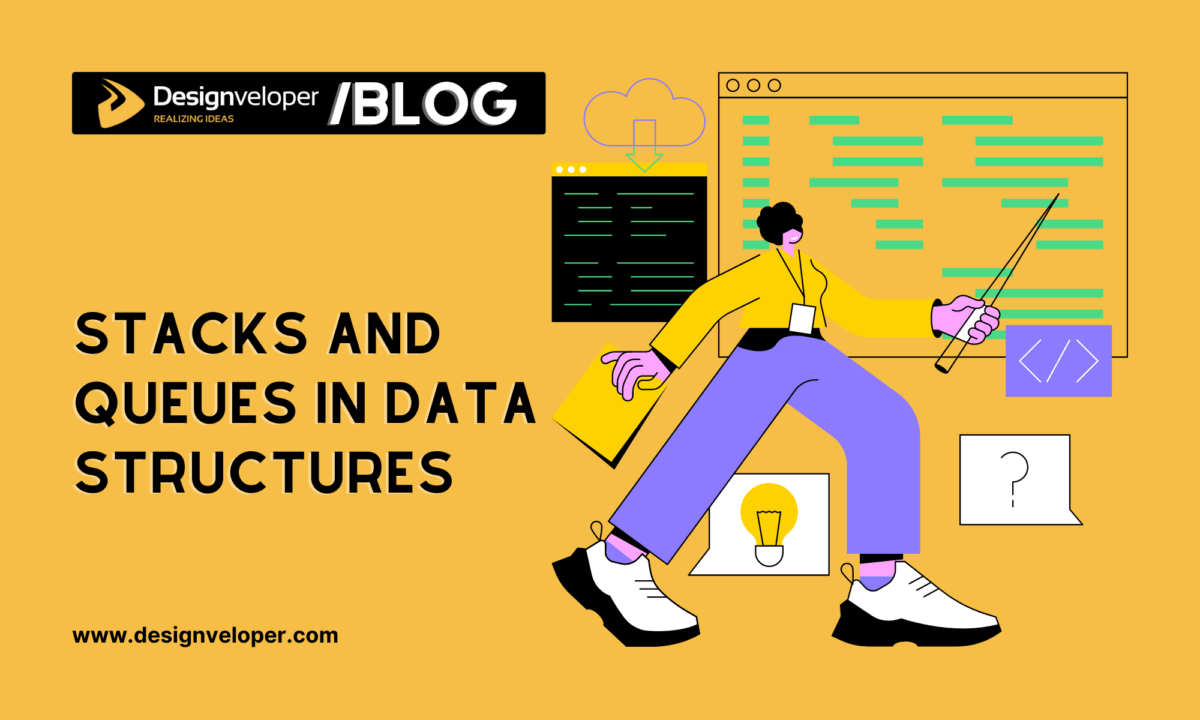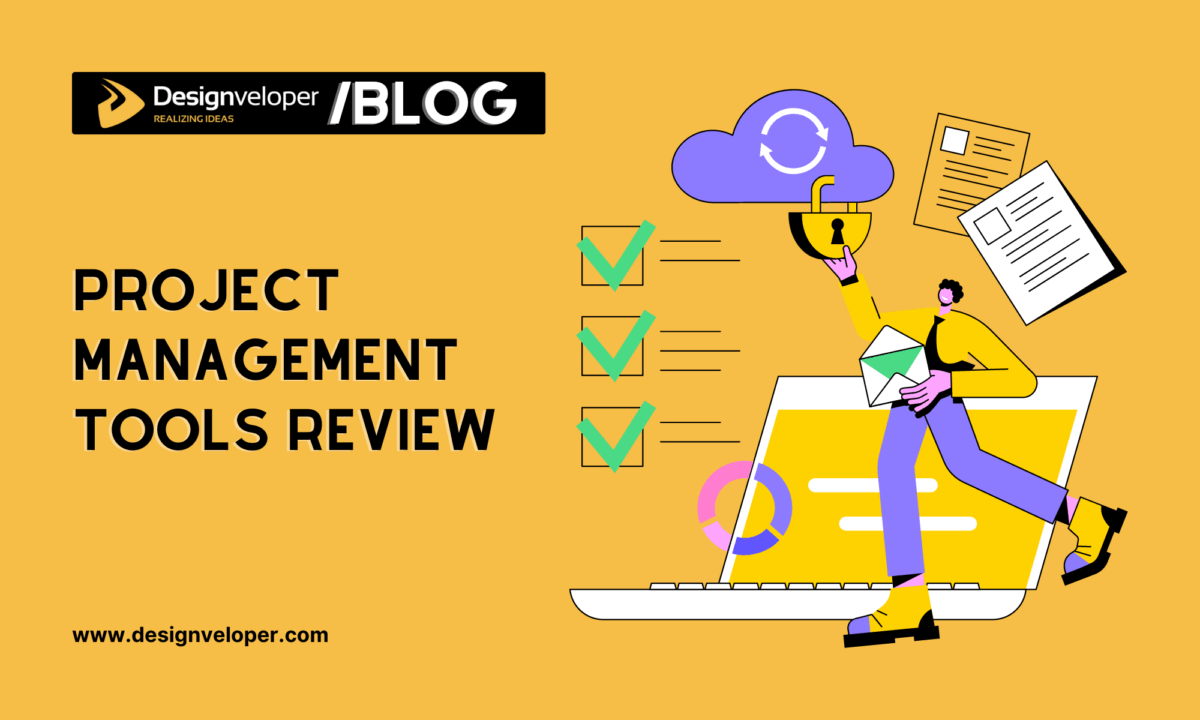
Technology is advancing by leaps and bounds and we need to try to take advantage of this as much as possible. In the field of education, for example, there are many technological advances that have a place and that are not used as much as they should be. One of these is artificial intelligence. In this article, we will talk about some of the ways to incorporate artificial intelligence in education to get the most out of it.
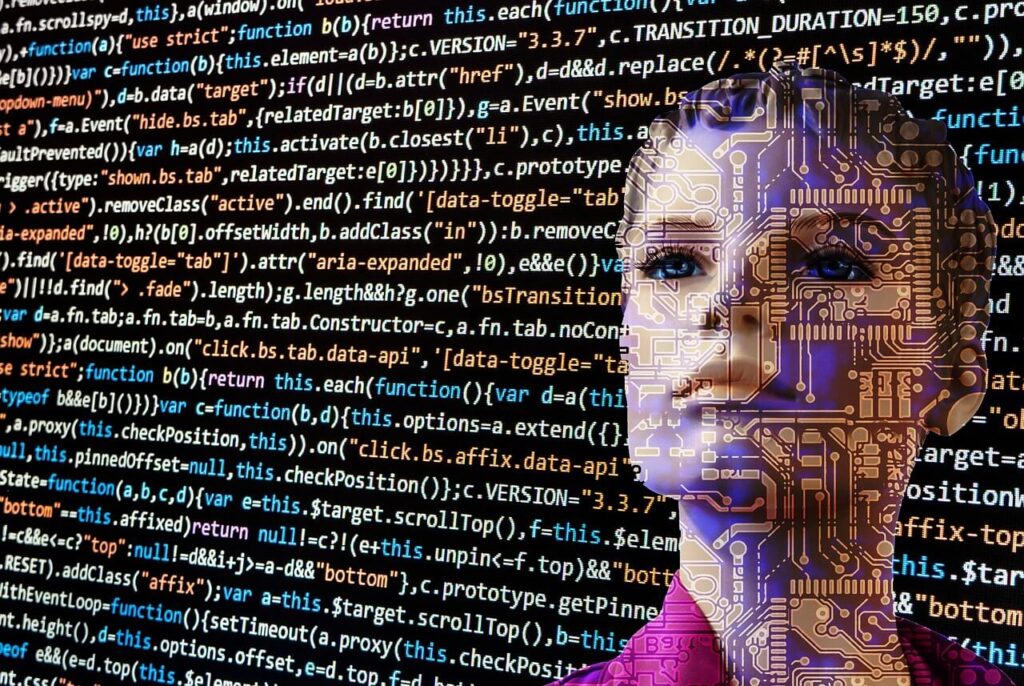
What Is Artificial Intelligence?
Artificial intelligence is nothing more than the tool by which we grant human intelligence capabilities to machines. We are not talking about giving superpowers to machines, but we are talking about machines being able to help you when you think: “I am going to do my assignment today”. It is important to remember that artificial intelligence is a tool created to help humans, not to create problems.
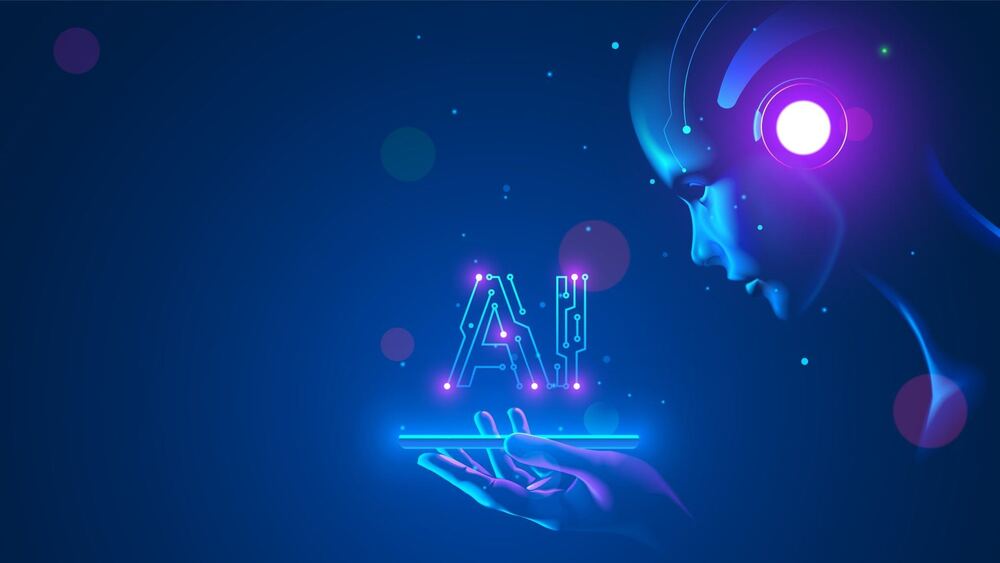
Artificial intelligence has been used for many years in different fields. For example, you’ve probably heard of the mechanism that Tesla cars have to park themselves. We can also find artificial intelligence in the recommendation systems of platforms such as Netflix, which is able to select the series we like based on what we have previously watched.
Artificial intelligence works through experience. As you might expect, a machine is not going to learn the same as a human, it does not have the same capabilities, however, by showing them information and thanks to mathematics and programming, they can be able to find patterns and recognize them, in short, to learn.
Artificial Intelligence in Education
As mentioned above, the purpose of this article is to talk about the uses of artificial intelligence in education. Here are some examples:
1. New study strategies
It is well known that not all students use the same methods or have the same facilities to study. Artificial intelligence may be the key to solving this. Based on the information that each student has about what he/she does best, what he/she does worst, how he/she prefers to study, and the time he/she is able to dedicate to study… an algorithm can find the best strategy for this student to study.
Of course, it is clear that a machine will never study for us, and no matter how much technology advances, however, it can help us to be more efficient in our study sessions.
Many students don’t study or get good grades not because they can’t, but because they are unable to find the perfect study method for them.
Recommended reading: Education in Hong Kong: The Story of the Transition From Traditional to Online
2. Virtual teachers
This would be taking it to the next level, but given the pace at which technology is advancing, there is no doubt that it will come.
Syllabuses are often quite similar from year to year and this is something that can be machine learned and upgraded. There will never be a person as efficient as a robot, capable of repeating ad infinitum the same thing, and who will never lose patience and the desire to teach, since it is created to do so.
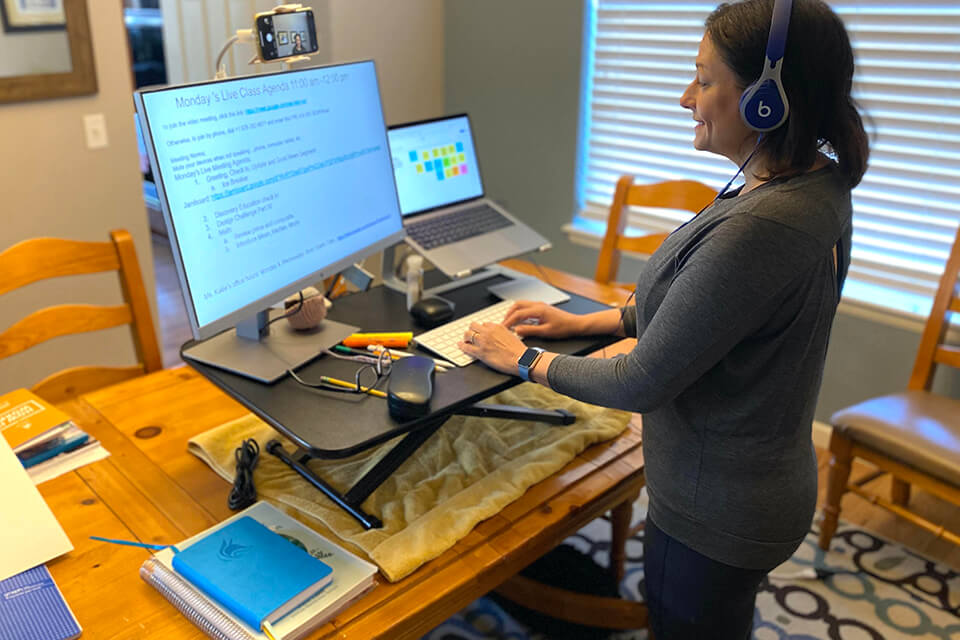
It is true that human teachers are able to empathize with students, something that machines, for the moment, despite the power of artificial intelligence, are not able to do. We are close to virtual teachers becoming a reality, although it is quite controversial and many people are against it.
Recommended reading: Chatbot Integration With ChatGPT: A 5-Step Guide
3. Customized studying material
As stated above, every student is different. It is time that we individualize the study and stop treating all students as equals. There are students who prefer to study by videos, others by images, others by outlines…
For this reason, artificial intelligence may be the solution. Detecting which is the favorite material for each student can make education much more personalized and effective. It is true that this requires not only artificial intelligence, but also a budget on the part of educational centers, but if you want to train young people in the most effective way possible, you have to devote resources to do so.
FURTHER READING: |
| 1. Top 5 Education Startups in 2023 |
| 2. Building Innovative Educational Apps with Low-Code Development Platforms |
Conclusion
Education must evolve. New technologies arrive that can revolutionize the educational system and they are not used as they should be. Artificial intelligence is the future and there is no doubt about it. Many of the uses of artificial intelligence are not even imagined yet, which is why it is necessary to continue researching this line. In a few years from now, if things continue as they are now, it is very likely that we will be surrounded by artificial intelligence everywhere, even in fields that we could not currently believe.






Read more topics




























